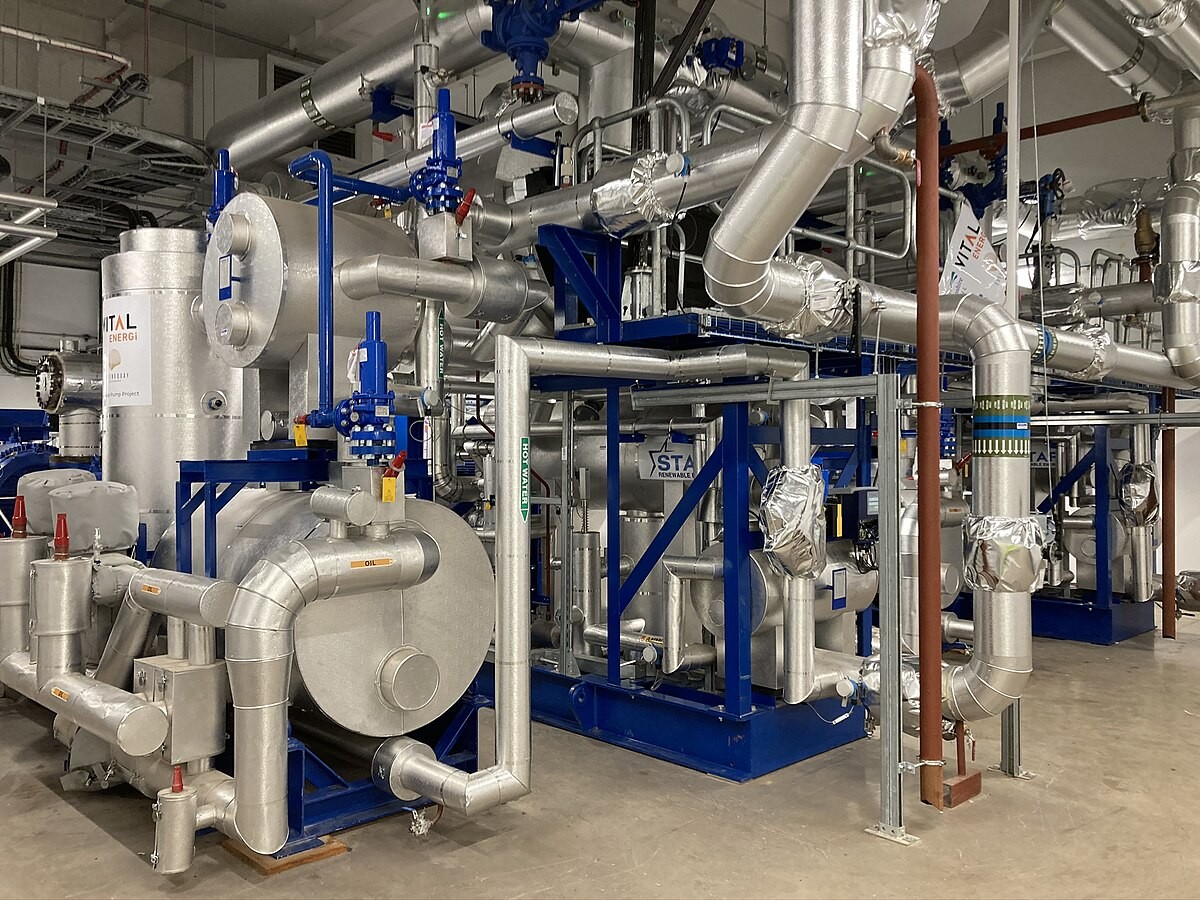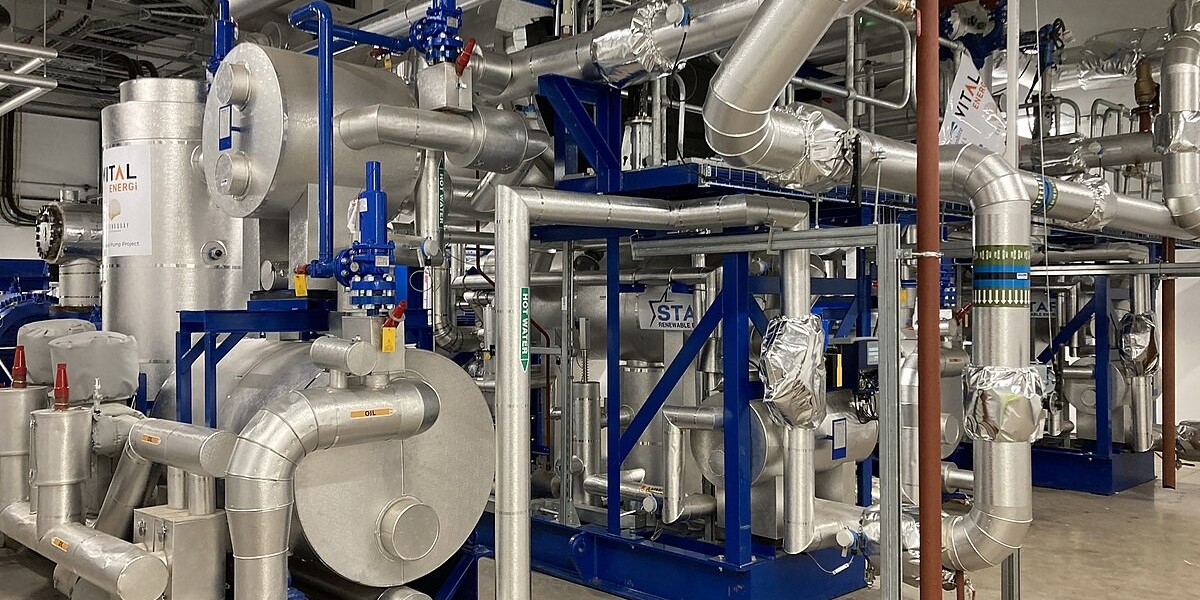The industrial heat pump market is experiencing rapid growth as industries seek energy-efficient solutions to manage heating and cooling requirements. These systems are designed to provide temperature regulation in a wide array of industries by utilizing thermal energy transfer. With the increasing emphasis on sustainability and reducing carbon footprints, heat pumps have emerged as an ideal alternative to traditional heating and cooling methods. Understanding the target audience for industrial heat pumps is essential for market players, as it helps tailor marketing strategies and product development to meet the needs of key users.

1. Energy-Intensive Industries
One of the most significant target groups for industrial heat pumps includes energy-intensive industries such as manufacturing, chemicals, and food processing. These sectors require consistent and reliable heating and cooling solutions to maintain operations. Heat pumps offer a more energy-efficient alternative to conventional boilers, furnaces, and refrigeration systems, leading to lower operational costs and reduced energy consumption.
For instance, in the food and beverage industry, heat pumps are used to recover waste heat from refrigeration processes, significantly reducing energy use. The chemical industry benefits by using heat pumps for processes requiring specific temperature ranges, reducing the need for separate heating and cooling units. Similarly, in manufacturing, they are used for providing heating, cooling, and even dehumidification in large facilities, improving efficiency and reducing environmental impact.
2. Commercial and Industrial Building Owners
Commercial building owners are another critical target audience for industrial heat pumps. Offices, hotels, hospitals, and other large facilities require advanced HVAC systems to maintain a comfortable environment for occupants while minimizing energy costs. Industrial heat pumps are highly effective in heating and cooling large spaces, making them a cost-effective solution for managing the diverse needs of commercial buildings.
As cities push for net-zero emissions and energy-efficient solutions, building owners are looking for alternatives to traditional gas-fired heating systems. Industrial heat pumps can provide a greener solution, using renewable energy sources like air, water, or geothermal heat to heat and cool buildings. Additionally, with the growing trend of green building certifications, the adoption of heat pumps is expected to increase among commercial real estate developers and property managers.
3. Renewable Energy and Sustainability Advocates
Another important target audience for the industrial heat pump market is sustainability advocates and organizations focused on renewable energy. Heat pumps are increasingly being recognized as a sustainable solution for reducing greenhouse gas emissions and lowering energy consumption in industrial applications. As governments and industries around the world push for a transition to low-carbon energy systems, the adoption of heat pumps is gaining momentum.
This audience includes environmental NGOs, government agencies, and corporations with corporate sustainability goals. The use of heat pumps aligns with international climate commitments and helps industries reduce reliance on fossil fuels. As the cost of renewable energy continues to drop and technologies improve, industrial heat pumps present an opportunity to achieve greater energy efficiency and meet emissions reduction targets.
4. HVAC Contractors and System Integrators
HVAC contractors and system integrators are essential intermediaries in the industrial heat pump market. These professionals design, install, and maintain heating and cooling systems for industrial applications. Their expertise plays a crucial role in ensuring that heat pumps are correctly sized, installed, and maintained to achieve optimal performance.
As demand for energy-efficient solutions increases, HVAC contractors are becoming more familiar with the benefits and capabilities of industrial heat pumps. With proper training, they can help industries transition from traditional systems to heat pump technology, offering their services as consultants and installers. System integrators can help businesses design customized systems that integrate heat pumps with existing infrastructure, ensuring that the installation is seamless and cost-effective.
5. Government and Policy Makers
Governments and policymakers are key influencers in the adoption of industrial heat pumps, as they create regulations, incentives, and tax policies that encourage the use of energy-efficient technologies. Many governments are actively promoting clean energy solutions to reduce carbon emissions and meet climate targets. Through subsidies, tax breaks, and grants, governments are incentivizing industries to adopt industrial heat pumps.
Policymakers are essential to the market’s growth because they shape the regulatory framework that governs the adoption of renewable energy technologies. They can help facilitate the transition to industrial heat pumps by setting mandatory energy standards and offering financial incentives for industries that implement green technologies.
6. Industrial Automation Companies
As industrial automation technology continues to evolve, automation companies are increasingly integrating industrial heat pumps into their systems. Heat pumps can be connected with smart controls and IoT technology, enabling industries to optimize heating and cooling cycles based on real-time data, thus improving efficiency and reducing waste.



